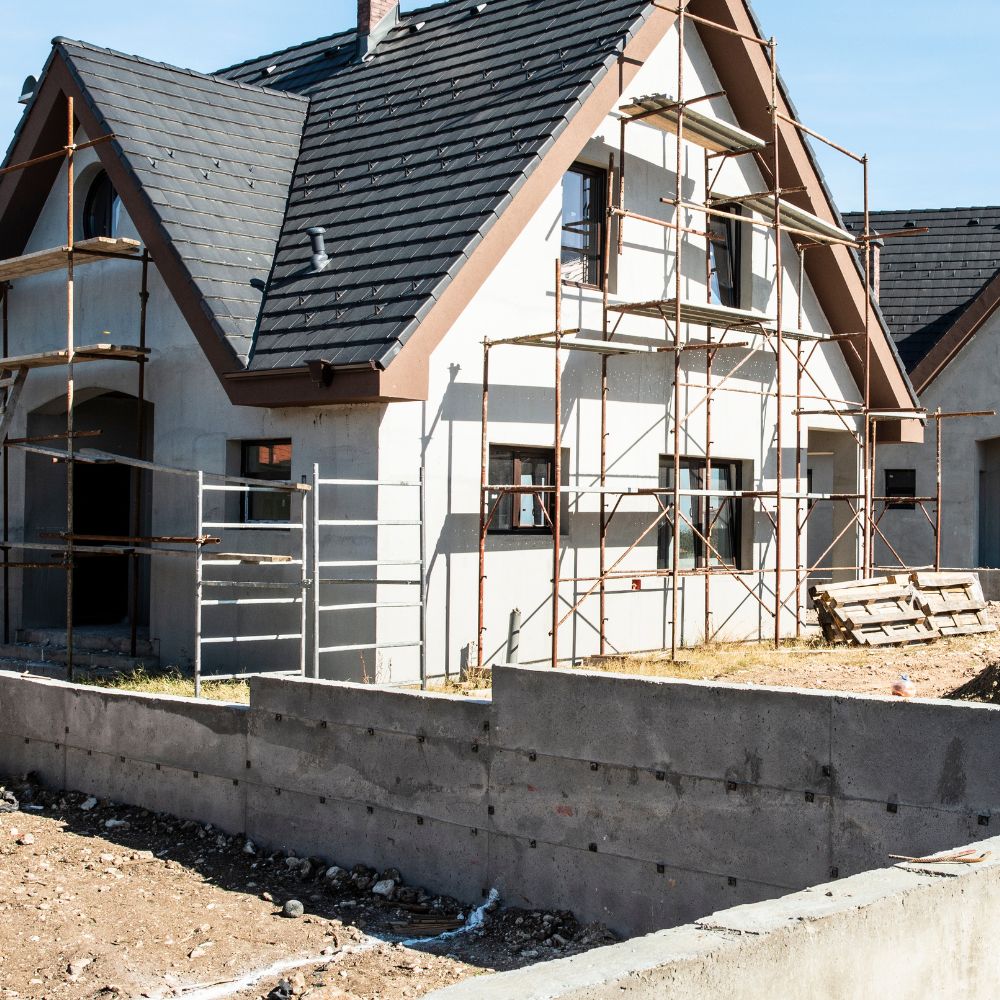Property development is a lucrative and exciting industry that offers countless opportunities for individuals looking to build a successful career. Whether you’re a seasoned investor or a first-time developer, the world of property development can seem daunting. However, with the right knowledge and guidance, you can navigate this industry and achieve your goals. In this ultimate guide, we will walk you through the steps to get into property development, from finding the right niche to marketing and selling your developments.
Benefits of Getting Into Property Development
Before diving into the steps of getting into property development, it’s essential to understand the benefits that come with this profession. First and foremost, property development offers the potential for significant financial gain. By identifying undervalued properties and turning them into profitable assets, you can generate substantial returns on your investment. Additionally, property development allows you to exercise your creativity and vision by transforming properties into something new and exciting. It’s a dynamic industry that constantly presents new challenges and opportunities, ensuring that no two days are ever the same.
Furthermore, property development provides an avenue for personal and professional growth. As you delve deeper into this field, you’ll acquire valuable skills in project management, negotiation, market analysis, and finance. These skills are transferable and can be applied to future projects or other industries. Lastly, property development allows you to make a tangible impact on communities by revitalizing neighborhoods and providing much-needed housing or commercial spaces.

Steps to Get Into Property Development
- Finding the Right Property Development Niche
The first step in getting into property development is identifying the niche that aligns with your interests, skills, and financial capabilities. There are various niches within the property development industry, including residential, commercial, industrial, and mixed-use developments. Each niche comes with its own set of challenges and opportunities, so it’s crucial to research and understand the market dynamics of each before making a decision. Consider factors such as demand, competition, and profitability when choosing your niche.
- Conducting Market Research for Property Development
Once you’ve identified your niche, it’s time to conduct thorough market research. This step is vital in determining the viability and potential profitability of your development projects. Start by analyzing the local property market, including supply and demand trends, rental yields, and property values. Look for areas experiencing growth or undergoing redevelopment, as these present prime opportunities for property development. Additionally, research local zoning laws, building regulations, and any other legal requirements that may impact your projects.
- Developing a Property Development Business Plan
A well-crafted business plan is essential for any property developer. It serves as a roadmap for your projects and helps secure financing from lenders or investors. Your business plan should include an executive summary, company overview, market analysis, project portfolio, financial projections, and an exit strategy. Be sure to outline your investment strategy, target market, and the specific types of developments you plan to undertake. A comprehensive and professional business plan will not only guide your decision-making but also instill confidence in potential partners or lenders.
- Financing Options for Property Development Projects
Property development projects require significant capital, and securing financing can be a challenging task. There are several financing options available, including traditional bank loans, private lenders, joint ventures, and crowdfunding. Research and explore each option to determine which aligns best with your financial situation and project requirements. Prepare a detailed financial plan for each project, including construction costs, contingency funds, and holding costs. This will demonstrate to lenders or investors that you have a clear understanding of the financial aspects of property development.

Finding and Acquiring Properties for Development
With your niche defined and financing in place, it’s time to start finding properties for development. Utilize various resources such as real estate agents, online listings, auctions, and networking to identify potential properties. Conduct thorough due diligence on each property, including site inspections, title searches, and feasibility studies. Evaluate the property’s potential for development, considering factors such as location, infrastructure, zoning, and market demand. Once you’ve identified a suitable property, negotiate the purchase price and secure the necessary permits and approvals.
Managing the Property Development Process
Managing the property development process is a complex and multifaceted task. It involves coordinating various stakeholders, such as architects, contractors, subcontractors, suppliers, and local authorities. Effective project management is crucial to ensure projects stay on schedule, within budget, and meet quality standards. Develop a detailed project plan, including timelines, budgets, and regular progress reports. Regularly communicate and collaborate with your team to address any issues or challenges that may arise during the construction phase. Proper management of the development process will contribute to the success of your projects and enhance your reputation as a reliable developer.
Marketing and Selling Property Developments
Once your property development is complete, it’s time to market and sell your projects. Develop a comprehensive marketing strategy that includes online and offline channels to maximize exposure. Utilize professional photography, virtual tours, and detailed property descriptions to showcase the unique features and benefits of your developments. Consider hosting open houses or launch events to attract potential buyers or investors. Collaborate with real estate agents who specialize in your target market to leverage their networks and expertise. Lastly, negotiate and finalize sales contracts, ensuring all legal and financial obligations are met.
Conclusion
Getting into property development requires a combination of knowledge, skills, and perseverance. By following the steps outlined in this ultimate guide, you can navigate the property development industry with confidence and achieve your goals. Remember to find the right niche, conduct thorough market research, develop a solid business plan, secure financing, find and acquire properties, manage the development process, and effectively market and sell your projects. With dedication, hard work, and a passion for property, you can build a successful career in property development.


Contact us